Common Bite Problems
Orthodontic problems are more common than you might think. In fact, most people don’t have naturally perfect teeth. Issues like crooked teeth, misaligned bites, or overcrowding can affect everything from your ability to chew and speak clearly to your oral hygiene and self-confidence.
These issues, known collectively as malocclusion, or “bad bite”, can be caused by many factors, including:
Genetics
Thumb sucking or prolonged pacifier use
Poor dental hygiene
Injuries or trauma
Dental disease or birth defects
Fortunately, orthodontic treatment from our doctors can help. With a customized treatment plan, we can improve both the function of your bite and the beauty of your smile.
Below are some of the most frequent bite and alignment issues we correct in children, teens, and adults:
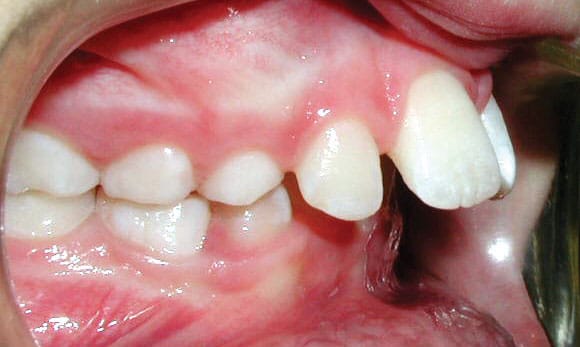
Upper Front Teeth Protrusion
When the upper front teeth extend too far forward, or the lower teeth sit too far back, it affects both the appearance and function of your bite. This condition may increase the risk of injury to protruding teeth.
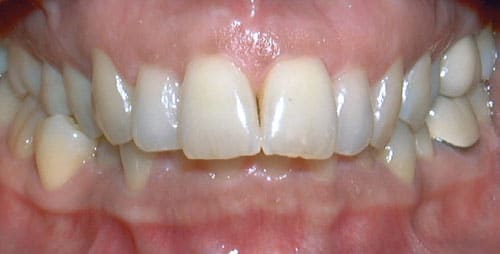
Overbite
An overbite occurs when the upper front teeth significantly overlap the lower front teeth. In more severe cases, this can cause the lower teeth to bite into the roof of the mouth, leading to discomfort and potential damage.
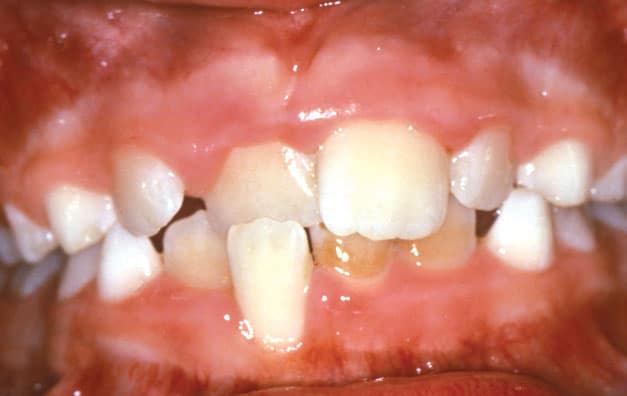
Crossbite
A crossbite happens when the upper teeth sit inside the lower teeth when biting down. This misalignment can cause uneven jaw growth and may contribute to wear and tear on the teeth or gum problems over time.
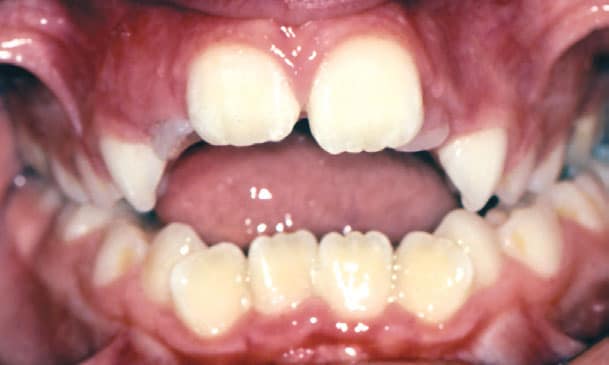
Open Bite
With an open bite, the upper and lower front teeth do not overlap when the mouth is closed. This makes proper chewing difficult and may lead to speech problems or habits like tongue thrusting.
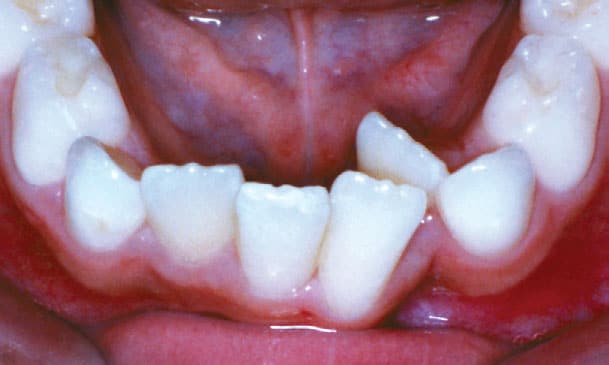
Crowding
Crowding occurs when there isn’t enough space in the mouth for all the teeth to fit properly. Teeth may overlap, twist, or become trapped in the gums. Expansion techniques or other orthodontic solutions can often fix crowding without the need for extractions.
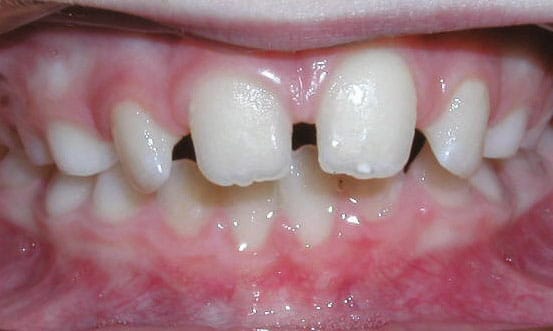
Spacing
Gaps or spaces between the teeth can result from missing teeth, small teeth, or a mismatch between the size of the jaw and teeth. While sometimes only a cosmetic concern, spacing can also affect bite and gum health.
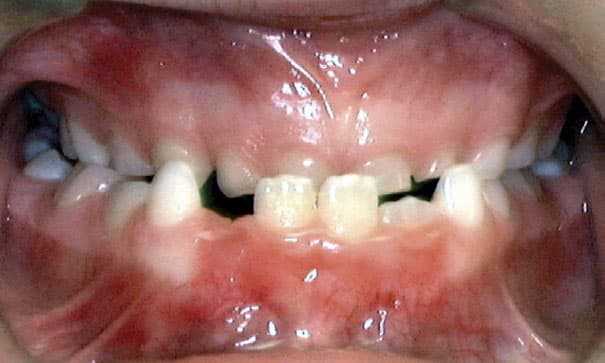
Underbite
An underbite is when the lower jaw extends beyond the upper jaw, causing the lower front teeth to sit in front of the upper teeth. This condition can impact chewing and speaking and may contribute to jaw discomfort over time.
